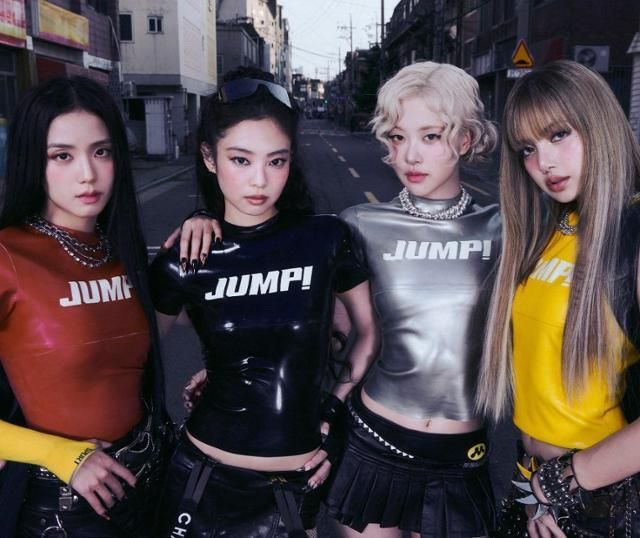K-pop continues to draw massive global audiences, but its presence in the domestic music market appears to be weakening. Even as major entertainment companies post record concert revenue from world tours, industry figures say the Korean market is undergoing a structural shift in the wake of the pandemic.
Some observers stop short of calling it a “crisis,” but agree that the domestic landscape is changing while international K-pop projects, including the animated Netflix film “KPop Demon Hunters” and various localized groups, enjoy explosive popularity abroad.
Album sales, one of the clearest indicators of the industry’s health, show the contrast. K-pop album sales climbed steeply after 2014 and topped 100 million units in 2023, a record high. The market correction that followed the pandemic pushed sales down for the first time in a decade, and the decline is expected to continue this year.
“Cumulative sales stood in the low 80 million range as of October, so the full-year total will likely match or fall slightly below last year’s level,” music data journalist Kim Jin-woo said.
Exports of physical albums are also slowing in major markets. According to the Korea Customs Service, album exports from January to October reached $243.8 million, down 2.7 percent from a year earlier.
The figures fall short of expectations given K-pop’s rapid global rise. Exports to Japan, the largest overseas market for Korean albums, dropped 10.8 percent to $70.7 million during the period. Exports to the United States also decreased by 5.1 percent.
The domestic digital music market is experiencing a downturn as well. In the most recent Circle Chart digital rankings for Nov. 9 to 15, only four K-pop tracks — NMIXX’s “Blue Valentine,” LE SSERAFIM’s “Spaghetti,” Hwasa’s “Good Goodbye” and BLACKPINK’s “Run” — ranked in the top 10.

K-pop girl group BLACKPINK / Courtesy of YG Entertainment
This contrasts sharply with the height of the girl group boom, when acts such as NewJeans, aespa, and IVE dominated the charts. The share of newly released songs near the top has also decreased. “Data on new-song streams, which reflect the latest trends, show slower short-term momentum and a gradual decline in the long-term share of new releases,” Kim said.
Meanwhile, overseas concert revenue is soaring, but rising production costs and rookie-group expenses are cutting into profits. HYBE’s concert sales in the third quarter nearly tripled from a year earlier, but the company still posted an operating loss of 42.2 billion won ($31 million).
Mid-sized agency success stories — once called “miracles” in the industry — are also fading. As the business shifts toward large-scale marketing and global touring, smaller companies are finding it increasingly difficult to operate.
“Overall costs have risen, but album and digital sales have fallen sharply. Revenue from overseas concerts is also limited, so companies without sufficient capital will face greater challenges,” a mid-tier agency official said.
Against this backdrop, groups such as Purple Kiss, Weeekly and Everglow have disbanded or halted activities this year, while H1-KEY, known for its hit “Rose Blossom,” changed agencies.

K-pop girl group NMIXX / Courtesy of JYP Entertainment
Experts say the industry’s rapid expansion has made it less flexible and less dynamic.
“With production and marketing costs rising sharply, the space for smaller agencies has shrunk and the industry’s vitality has diminished,” said pop music critic Lim Hee-yoon. “Artists are focusing more on overseas markets, and the domestic K-pop fandom appears to be stagnating.”
Pop critic Kim Do-heon added, “As the industry matures, its systems have become more rigid. Instead of repeating old formulas when results fall short, companies need to start making changes, even in small ways.”
This article from the Hankook Ilbo, the sister publication of The Korea Times, is translated by generative AI and edited by The Korea Times.

